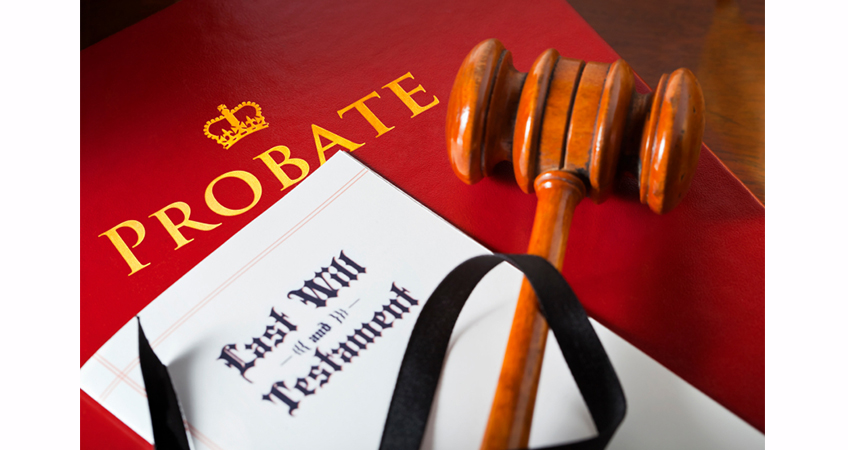
Message from the CEO | 100th Agent Milestone Surpassed
April 17, 2017
FIRST NEWS | Monthly E-Newsletter
April 26, 2017Q: What are some of the most common misconceptions about Texas probate/estates encountered with underwriting calls?
A: Some of the most common areas of confusion encountered recently fall in the following categories:
(i) Situation: an intestate death of a person in title, combined with an affidavit of heirship that discloses a deceased heir at law: it makes a difference whether the deceased heir at law predeceased the title holder or died afterwards. If the deceased heir at law predeceased and left descendants (children, grandchildren), the descendants take the inheritance the deceased heir at law would have received. If the deceased heir at law died after the title holder, then the inherited interest would pass either under a probated will of the deceased heir or pass by the rules of descent and distribution as the separate property of the deceased heir.
(ii) Situation: an intestate death of a married person in title, combined with an affidavit of heirship that discloses that the deceased title holder had children from several prior marriages as well as children with his/her current spouse. All of the children inherit the interest owned by the deceased title holder, not just the children from prior marriages.
(iii) Situation: an intestate death of a person in title, combined with the heirs agreement to institute an Independent Administration with one of the heirs serving as the Independent Administrator. Unless the court order appointing the Independent Administrator specifically authorizes the sale of real property by the Independent Administrator, then the heirs will have to give a written consent to the contract and sale of the property. Generally, the heirs consent to the sale by the Independent Administrator should be a notarized document and recorded with the deed.
The Independent Administrator may also proceed with a sale without obtaining specific consents signed by all heirs if the Independent Administrator executes an Affidavit describing the property, that a sale is necessary to generate revenue to pay certain allowable debts and specifying which of the allowable debts (ref. 356.251, Estates Code: expenses of administration or funeral expenses or expenses of last illness or allowance or claims against the estate) will be satisfied with sales proceeds. The Affidavit must be recorded prior to the Deed.




